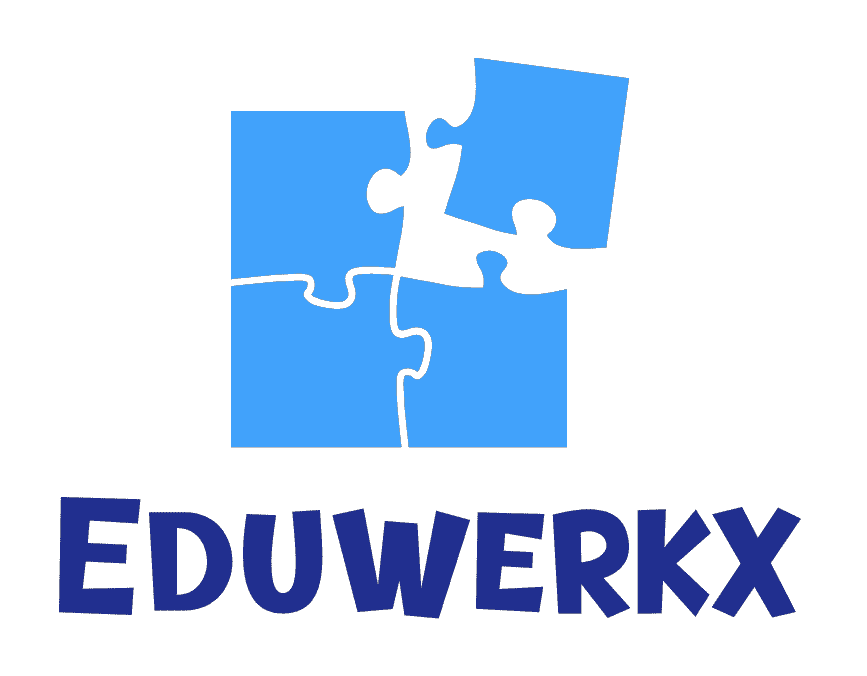As previously pointed out, some classes boast the ability to produce academic “Olympic athletes” by using simplified frameworks or relying on proven techniques that promise immediate results. In soccer, for example, they might give overly simplistic instructions like “get the ball, run towards the goal, stand here, aim for the left when the goalie is on the right, aim for the right when the goalie is on the left, then flip the ball up and perform a flashy bicycle kick”. While this approach can help your child to score goals in specific situations, when they are placed in a real game or situation, they may quickly realize that these instructions or techniques no longer apply.
They might face challenges like an opponent blocking their shooting spot, being tackled by multiple defenders or dealing with a constantly shifting goalie. The absence of fundamental skills development becomes obvious when they find themselves unable to adapt to various situations, such as shooting from different positions, passing to teammates, receiving passes or dribbling past defenders. In much the same way as soccer, this pattern naturally extends to your child’s learning and cognitive development.
How Stress & Strain Is Creating Barriers To Your Child’s Performance?
However, unlike a soccer game, there are consequences to your child’s development when relying on simplified instructions or learning techniques. These learning shortcuts often result in undesirable brain development, one being the development of the stress response system, and the other being the development of barriers that gradually hinder the brain’s ability to process information effectively. It’s similar to what happens when you repeatedly overcharge a battery—it starts to lose its ability to hold a charge and its overall efficiency diminishes.
The brain experiences something remarkably similar when subjected to repeated cognitive strain, leading to the development of what we call “processing barriers”. Each time a child bypasses the brain’s filter, the brain interprets the filter to be “broken” and starts to create barriers to patch the filtering system. These barriers serve as a protective mechanism to limit the flow of incoming information, preventing the brain from becoming overwhelmed. While it may seem like a good thing, where your child is now able to study for longer periods, this protection comes at a cost—it can greatly affect their cognitive skills and learning abilities.
Without these barriers, a child’s brain can be quite good at determining which information is important and which can be safely ignored, and this ability tends to strengthen with learning. However, when processing barriers develop, the filtering system becomes less efficient. Children may find it challenging to identify key points in a lesson, struggle to make connections or have difficulty separating relevant information from irrelevant details. This difficulty can also affect the ability to recognize even the most obvious details, like no longer seeing the flowers and birds when you look at the field, where now all you notice are the trees and grass.
As processing becomes more difficult, students find themselves putting in more effort to achieve the same results, which creates additional strain, potentially strengthening the barriers further. This helps explain why some students who initially perform well in school might gradually start to struggle, even in subjects they once understood easily. Unfortunately, children who have high processing barriers are often mistakenly labelled as having “inferior genes”. This can make them less attuned to social cues, patterns, and even their own emotional intelligence, leading to a lack of practical skills and social awkwardness.
When it comes to the complex human brain, the shortest path to success is often the long way. Research has shown that a well-designed game-based learning can significantly accelerate your child’s learning journey, offering numerous advantages for cognitive development. At Eduwerkx, we provide a safe and non-harmful game-based learning approach that promotes healthy cognitive development and improved mental health.
#StressAndMentalHealth #ParentingChallenges #MentalWellbeing #eduwerkx #edtech #aitutor #education #resilience #learning #Engagement #PositiveEngagement #DestructiveEngagement #NegativeEngagement
